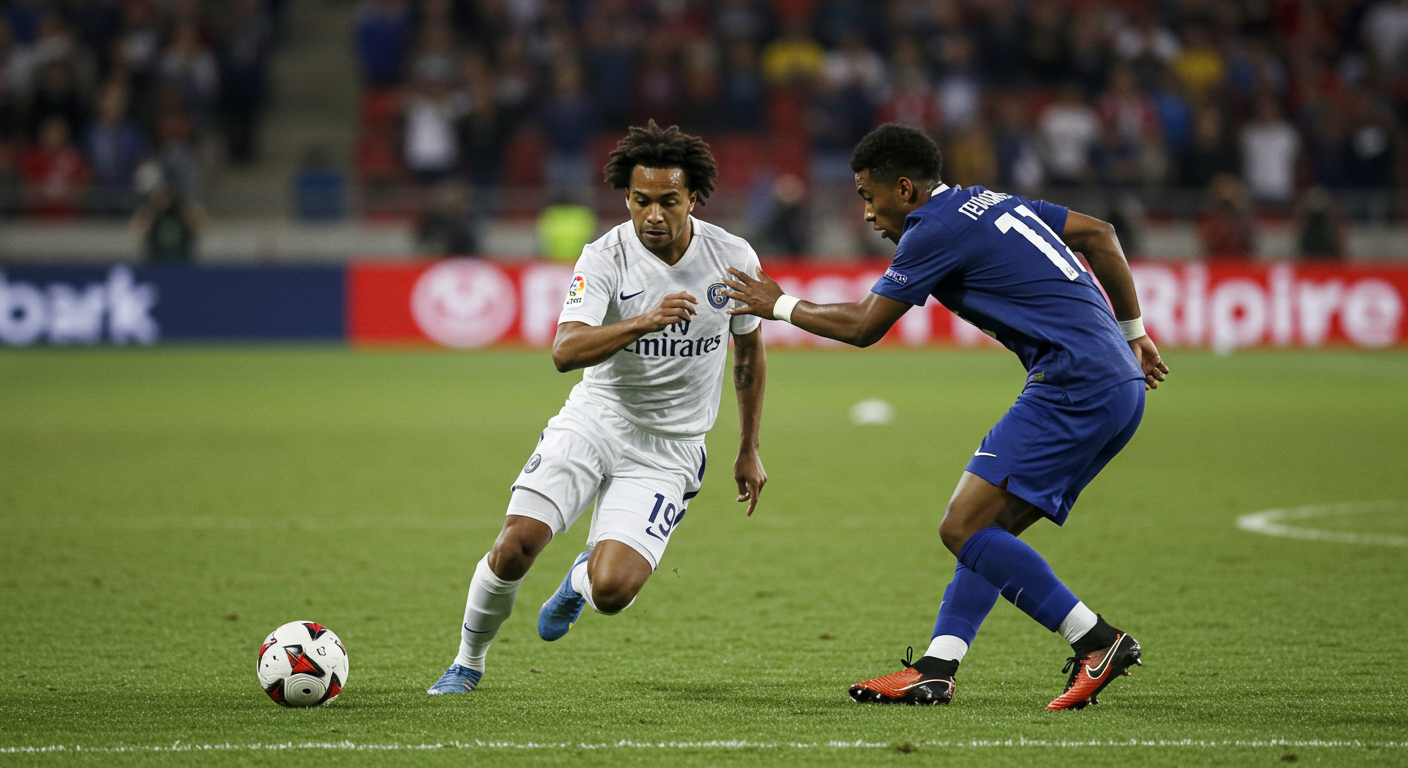
Sponsorship deals play a crucial role in the sports industry. They provide financial support to athletes and teams while offering brands significant exposure. However, not all sponsorships make sense. Some of the strangest sponsorship deals in sports history have puzzled fans and marketers alike. This article highlights these bizarre partnerships, revealing the odd and unusual side of sports marketing.
Odd Sports Sponsorships: Fast Food Meets Fitness
McDonald’s and the Olympics
One of the strangest sponsorship deals in sports history involves McDonald’s and the Olympic Games. Since 1976, McDonald’s, a fast-food giant, has sponsored the Olympics. This deal seems odd because the Olympics celebrate athleticism and health, while McDonald’s is often criticized for promoting unhealthy food.
Why It’s Strange
The irony of a fast-food chain sponsoring an event focused on physical fitness is hard to miss. Critics often point out the conflicting message. Despite this, McDonald’s has enjoyed significant brand visibility through this long-standing partnership.
Unusual Athlete Endorsements: Strange Product Pairings
John Daly and Loudmouth Golf
Golfer John Daly, known for his bold and unconventional style, partnered with Loudmouth Golf, a brand famous for its loud and colorful attire. This sponsorship deal was one of the strangest in sports history, as it defied the traditional, conservative image associated with golf.
Why It’s Odd
Daly’s partnership with Loudmouth Golf stood out because it contrasted sharply with the typical golfer’s image. Yet, it perfectly matched Daly’s personality, making it a memorable and strange sponsorship deal.
Dennis Rodman and Condoms
NBA star Dennis Rodman, known for his eccentric behavior, made headlines with his sponsorship deal with a condom company in the 1990s. This was one of the strangest sponsorship deals in sports, as athletes typically endorse products related to sports, not intimate personal products.
Why It’s Unusual
Rodman’s endorsement of condoms was unusual because it was rare for athletes to promote such personal products. His willingness to embrace controversy, however, made this partnership iconic and highlighted the strangeness of sports marketing.
Strange Brand Collaborations: When Sports and Brands Don’t Match
Manchester United and Sharp Electronics
In the 1980s, Manchester United, one of the world’s most famous football clubs, entered into a sponsorship deal with Sharp Electronics. This strange sponsorship deal put the Sharp logo on Manchester United’s jerseys, making it highly visible during the team’s successful years.
Why It’s Unusual
The partnership between a football club and an electronics brand was unusual. It was rare to see a non-sports brand’s logo on sports jerseys at that time. Despite the odd pairing, the deal lasted nearly 17 years and became iconic.
Red Bull and Sports Teams
Red Bull took a unique approach to sports sponsorship by purchasing entire sports teams instead of just sponsoring athletes or events. This strange sponsorship deal involved rebranding the teams, including those in Formula 1, football, and NASCAR, under the Red Bull name.
Why It’s Unique
Red Bull’s strategy was unconventional. Instead of simply placing a logo on a jersey, the brand took full ownership and rebranded teams across multiple sports. This approach, though strange at first, proved highly successful and established Red Bull as a major player in sports.
Sponsorship Deals Gone Wrong: When Marketing Misfires
The Lingerie Football League
The Lingerie Football League (now known as the Legends Football League) launched in the early 2000s, featuring women playing football in lingerie. This strange sponsorship deal attracted attention for all the wrong reasons, as many saw it as objectifying female athletes rather than promoting the sport.
Why It’s Controversial
The concept of the Lingerie Football League was bizarre and led to criticism of the brands that sponsored it. This sponsorship deal remains one of the strangest and most controversial in sports history.
Subway and Jared Fogle
Subway’s sponsorship deal with Jared Fogle, who became famous for losing weight by eating Subway sandwiches, eventually turned into a disaster. Initially successful, this deal became one of the most infamous sponsorship failures in sports history after Fogle’s criminal activities were revealed.
Why It’s Disastrous
The partnership with Fogle was strange because it tied Subway’s brand closely to one individual. When Fogle’s crimes came to light, Subway faced a massive public relations nightmare, demonstrating how strange sponsorship deals can backfire in unexpected ways.
Conclusion: The Legacy of Strange Sponsorship Deals in Sports
Strange sponsorship deals in sports history remind us that not all partnerships are straightforward. Some deals succeed despite their oddness, while others fail spectacularly. These unusual pairings highlight both the creativity and risks of sports marketing.
Whether it’s a fast-food chain sponsoring the Olympics or a basketball star endorsing condoms, these sponsorship deals are memorable for their oddity and impact. They continue to be discussed long after the contracts have ended, serving as examples of the strange and fascinating intersection between sports and marketing.
Want to see more unusual sponsorship deals? Check out this list of the weirdest sports sponsorships compiled by SportBible.
